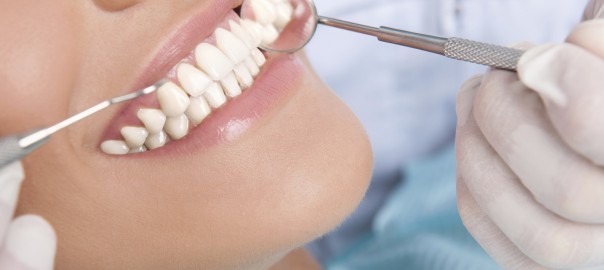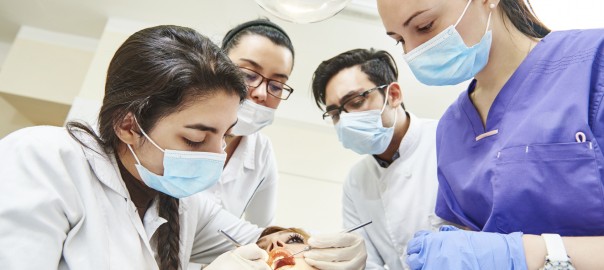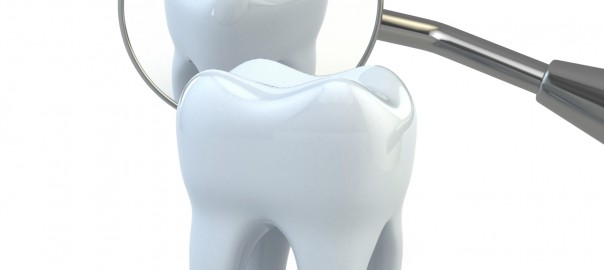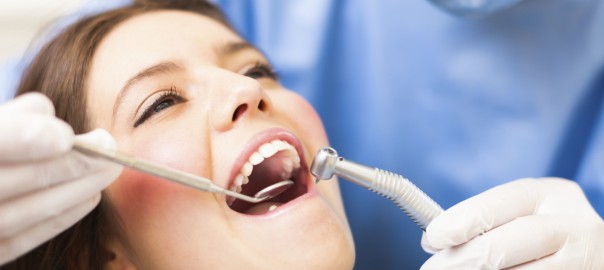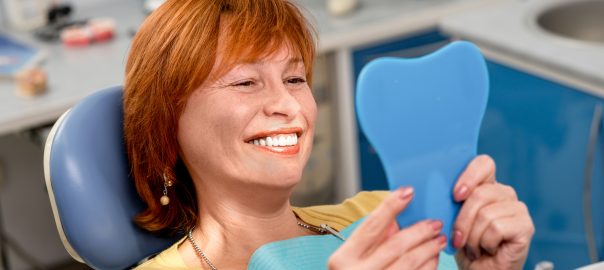Maintaining optimal oral health is crucial for overall well-being, and dental insurance plays a pivotal role in ensuring access to quality dental care. In this comprehensive guide, we will explore the intricacies of dental insurance, empowering you with knowledge to make informed decisions about your oral health coverage.
Dental insurance is designed to offset the costs of preventive, basic, and major dental care. Unlike general health insurance, dental insurance is often a separate policy, providing coverage for a range of dental services. Most plans cover routine check-ups, cleanings, and X-rays, while more comprehensive policies may include restorative procedures like fillings, root canals, and even orthodontic treatments.
Types of Dental Insurance Plans:
- Dental Health Maintenance Organization (DHMO)
- Pros: Lower premiums, predictable costs, and no deductibles.
- Cons: Limited choice of dentists, referrals required for specialists.
- Preferred Provider Organization (PPO):
- Pros: Greater flexibility in choosing dentists, no referrals required for specialists.
- Cons: Higher premiums than DHMO, some out-of-pocket expenses.
- Exclusive Provider Organization (EPO):
- Pros: Similar to PPOs but with a more restricted network.
- Cons: Limited coverage for out-of-network services.
- Fee-for-Service (FFS) or Indemnity Plans:
- Pros: Maximum flexibility in choosing providers.
- Cons: Higher premiums, deductibles, and out-of-pocket costs.
Key Components of Dental Insurance
- Premiums:
- The amount you pay for your insurance policy, typically every month.
- Deductibles:
- The amount you must pay out-of-pocket before your insurance coverage kicks in.
- Coverage Percentage:
- The percentage of costs covered by the insurance company for various services.
- Annual Maximum:
- The maximum amount the insurance company will pay in a policy year.
- Waiting Periods:
- Some plans have waiting periods before certain services are covered.
Tips for Maximizing Dental Insurance Benefits
- Regular Check-ups:
- Prevention is key. Regular dental check-ups can help catch issues early, saving you money in the long run.
- Understand Your Coverage:
- Familiarize yourself with your policy’s terms, coverage limits, and any exclusions.
- In-Network Providers:
- Opt for dentists within your insurance network to maximize coverage and minimize out-of-pocket costs.
Take Advantage of Preventive Care:
- Most plans fully cover preventive services like cleanings and exams.
Dental insurance is a valuable tool in safeguarding your oral health and managing the costs of necessary dental care. By understanding the nuances of different plans and being proactive in your dental care, you can make the most of your insurance coverage, ensuring a healthy and confident smile for years to come.
Aesthetic Advantage has state-of-the-art educational facilities that can help you take your career to the next level, call us at (212) 794.3552 for more information.
Aesthetic Advantage proudly serves New York, Atlanta, Florida, Chicago, Pennsylvania, Boston, Rhode Island, California, South Carolina, and all surrounding areas.




